
What is digital marketing? It’s a seemingly simple question with a deceptively complex answer. Digital marketing, it turns out, can be everything—and nothing.
That’s not meant to confuse anyone. But over the last few years, with digital marketing channels and tactics becoming increasingly vast, finding the true sense of marketing success has become increasingly difficult. Each of these pieces is valuable. But only together will they form a comprehensive strategy that helps you achieve your business goals.
In other words, it’s about forming a whole that’s bigger than the sum of its parts. In that environment, a holistic approach to digital marketing is not just beneficial, it’s absolutely essential. Join us for an exploration of what that means, and how you can get there.
The Interconnected World of Digital Marketing
Most professionals think of digital marketing as a collection of promotional tactics that use the internet to reach their audiences. That’s technically true. A digital marketing strategy may include:
- Your website and the content you publish on it
- Your social media channels
- Your search engine optimization efforts
- Your promotional and marketing emails
- Paid digital ads on search engines or social networks
- And much more.
What digital marketing means, though, goes beyond that simple collection of tactics. Each of these components is undoubtedly valuable. But simply building a website is not digital marketing. Each tactic can only help you reach your business goals if they work together, under a unified strategy, optimized to reach your audience and thrive in your competitive environment.
That’s the interconnected world of digital marketing we face today. Search engine optimization may work better when paired with search engine ads. The success of your social media efforts depends on your website. That website, in turn, plays a core role in building the audience for your emails, where you can push the content you’ve developed.
When done right, all of it works together, increasing the effectiveness and success of the other tactics. Your audience, exposed to thousands of promotional messages every day, begins to see the common threads, pay more attention, and take the actions you need to drive your business forward.
Evaluating Each Marketing Channel Against Your Audience and Each Other
In some ways, that interconnected puzzle explained above is common sense. It might even be obvious: marketing works best when it all makes sense together. But here’s something even experienced marketers often miss: it can only be the case when each marketing channel is fine-tuned not only to work in a larger system, but also in a system optimized for your audience.
That’s why there is no such thing as the best digital marketing tactic. One social media channel doesn’t always outperform the others, and prioritizing website content isn’t automatically preferable to a paid digital ad strategy. You need a mix of both to succeed, but what that mix looks like depends heavily on your audience.
As a result, modern digital marketing needs to consider your unique situation. Before beginning to dig into each potential tactics that might help you succeed, you need to answer a few core questions:
- What tactics, networks, and websites does my audience tend to use?
- What tactics, networks, and websites do my competitors tend to use?
- What tactics, networks, and websites have we used in the past, and how have they performed?
- What business goals and objectives am I trying to achieve?
Those are the questions against which you can begin to build a marketing strategy. From there, all you need is a good understanding of each tactic, and how to help it succeed, in order to elevate your digital marketing strategy. That’s what brings us to analytics.
Analytics as the Unifying Thread of Modern Digital Marketing
You might not think of marketers as numbers-crunchers. Truth be told, though, it’s the best thing they could do to help their digital marketing efforts succeed.
All of the tactics and tools we listed above, from emails to your website, are imminently trackable. If you know how to do it, you can learn quite a bit about what your audience likes and doesn’t like, what type of content they respond to, and even which tactics (and which combination of tactics) lead to the most conversions.
That means one thing above all: you can use your analytics strategy as the thread that ties all of your digital marketing efforts together.
Successful digital marketing is at its core analytical. Every piece of the planning and execution is a constant evaluation of numbers like reach, clicks, and conversions, all helping you understand the success of your efforts. Done right, your marketing analytics allow you to understand the best possible strategy for your audience and your business, not just the digital landscape as a whole.
With that strategy, you can begin to make judgment calls. Does your audience prefer LinkedIn to Facebook? Do they like short, snackable pieces of content or longer, in-depth explanations? What channels does their conversion path lead them through on their way to becoming your customers?
Of course, to be able to glean this many insights, your analytics have to be just right. That’s why we start every client account off with an analytics audit to optimize the setup and discover any errors in tracking or elsewhere. That way, the analytics are set up for success to evaluate how each service helps and hurts one another, allowing for holistic strategy building.
Ready to Build a Better Digital Marketing Strategy?
Put simply, modern digital marketing is much more than just a collection of tools. Sure, all of those tools matter. But they can only succeed if they work together, optimized for your unique situation and audience, all driving towards creating an integrated digital marketing strategy designed to reach your business goals,
Getting to that point, of course, requires significant marketing expertise. You need not just an in-depth understanding of the tools, but also how they interact with each other. Fortunately, you’re not on your own.
The right marketing agency, in fact, can walk you through all of these steps, building a holistic marketing strategy that will drive your business to sustainable success. And that’s where we come in, with an approach specifically designed to accomplish just that. Contact us to learn more, and start elevating your digital marketing strategy.

Erica Carpenter
As Vice President of Client Strategy, Erica oversees the management of BFO’s Paid Media, Organic Search, and Analytics products and helps foster the development of digital strategy for our clients. She has a solid background in digital marketing having worked with some of the top startups in the country including Fortune 100’s. She has expertise in a variety of different verticals but most prominently travel, hospitality, auto, and retail.
CATEGORIES
SUBSCRIBE TO OUR BLOG
Stay up to date with the latest industry best practices in digital marketing!








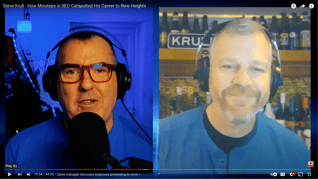





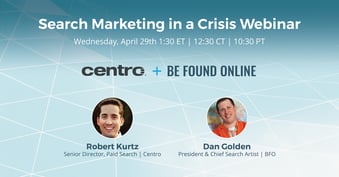

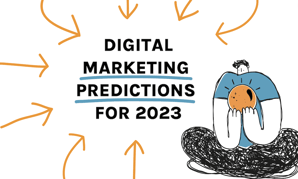
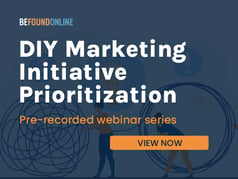
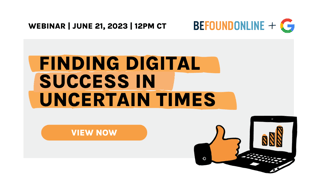

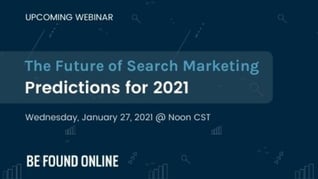

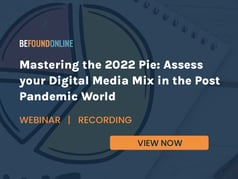
.png?width=339&height=179&name=Webinar%20Banner%20(1).png)

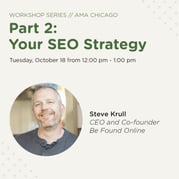

.png?width=339&height=179&name=July%20Webinar%20(Newsletter).png)

.png?width=339&height=179&name=Webinar%20Banner-April-02%20(1).png)
%20(4).png?width=339&height=179&name=Webinar%20Banner-May-02%20(1)%20(4).png)
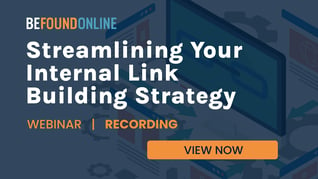


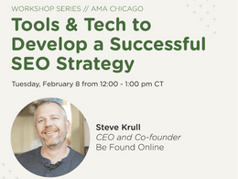
.png?width=339&height=179&name=March%202023%20Webinar%20Ad%20(autoresponder).png)
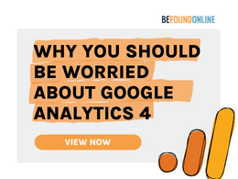
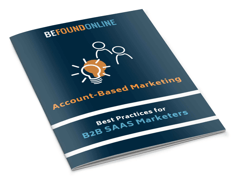
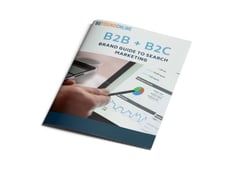


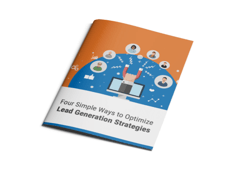



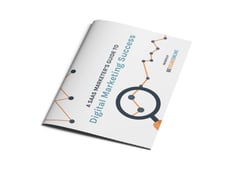
.png?width=339&height=179&name=2025%20Paid%20Media%20(1200%20x%20628%20px).png)











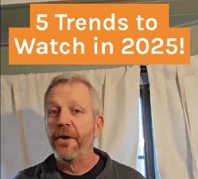
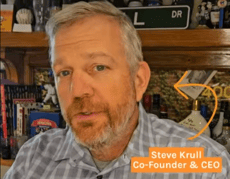















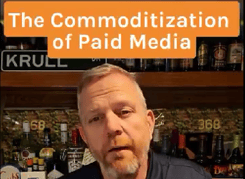







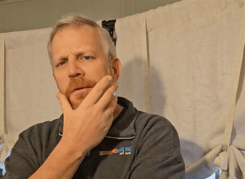
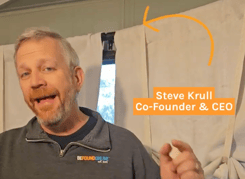
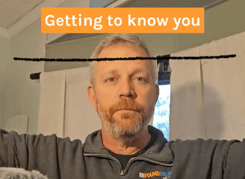

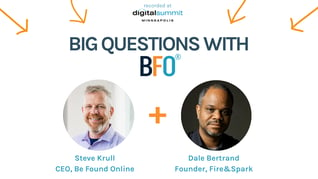
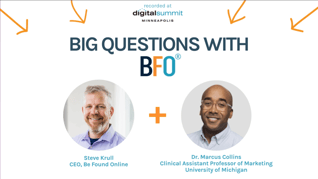

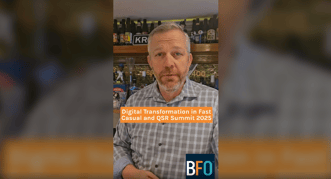

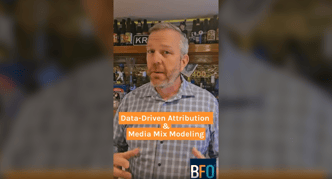







.png?width=339&height=179&name=2026%20Paid%20Media%20Ad%20Specs%20(Twitter%20Post).png)

